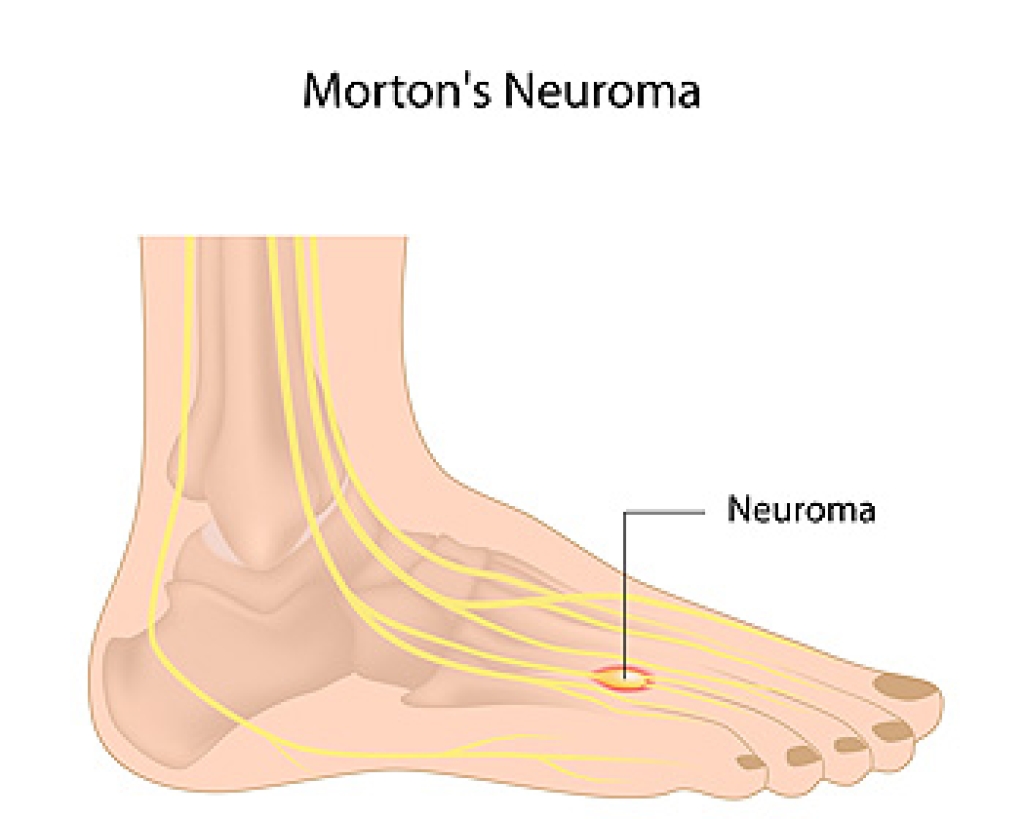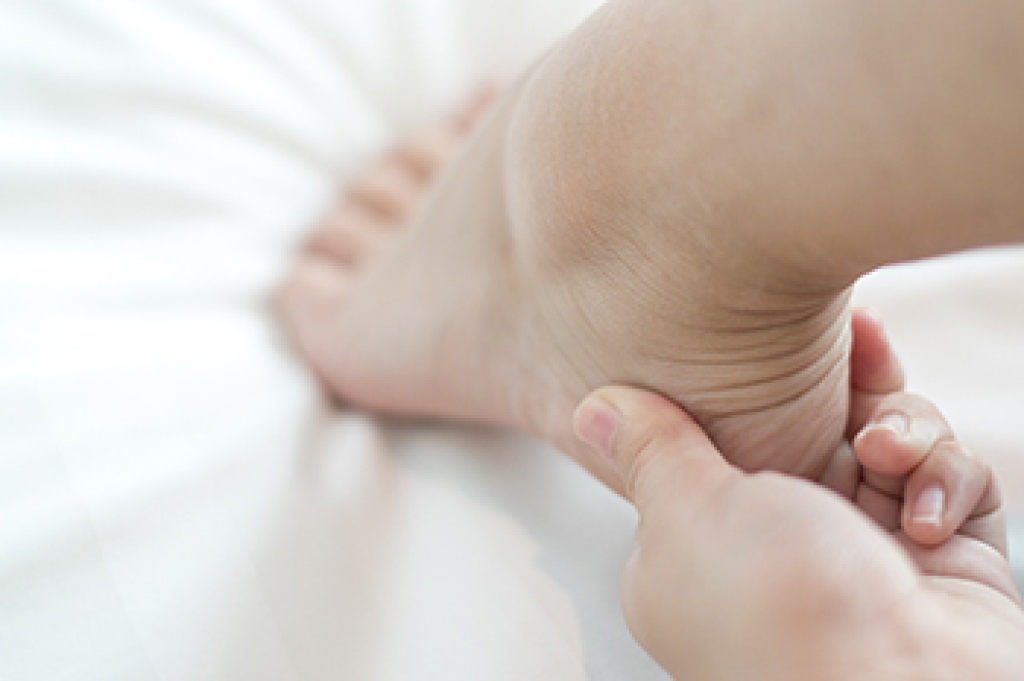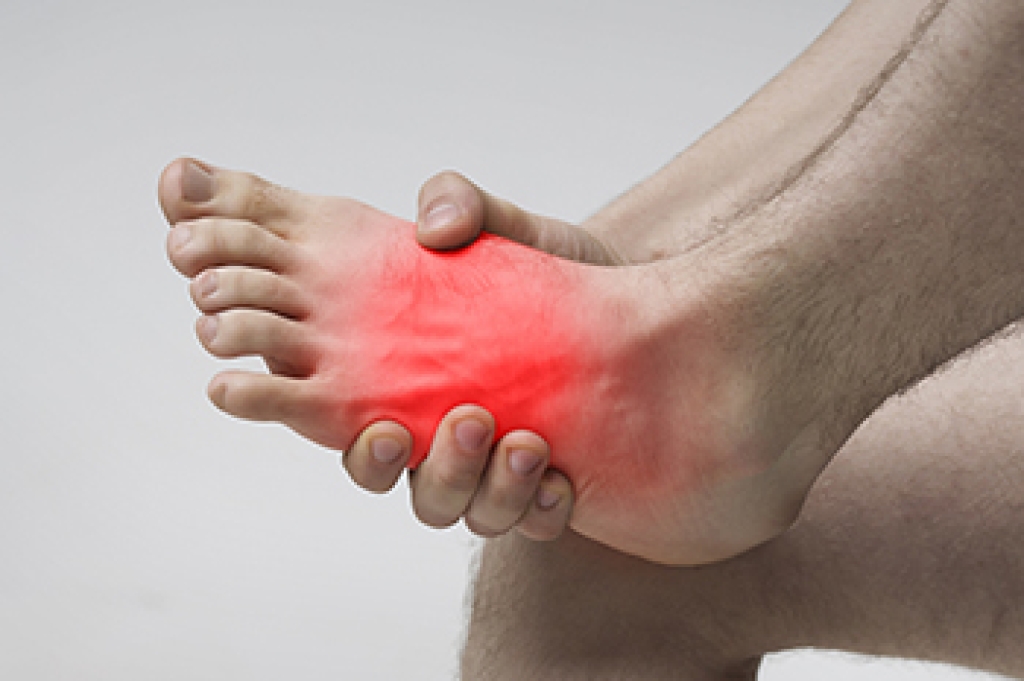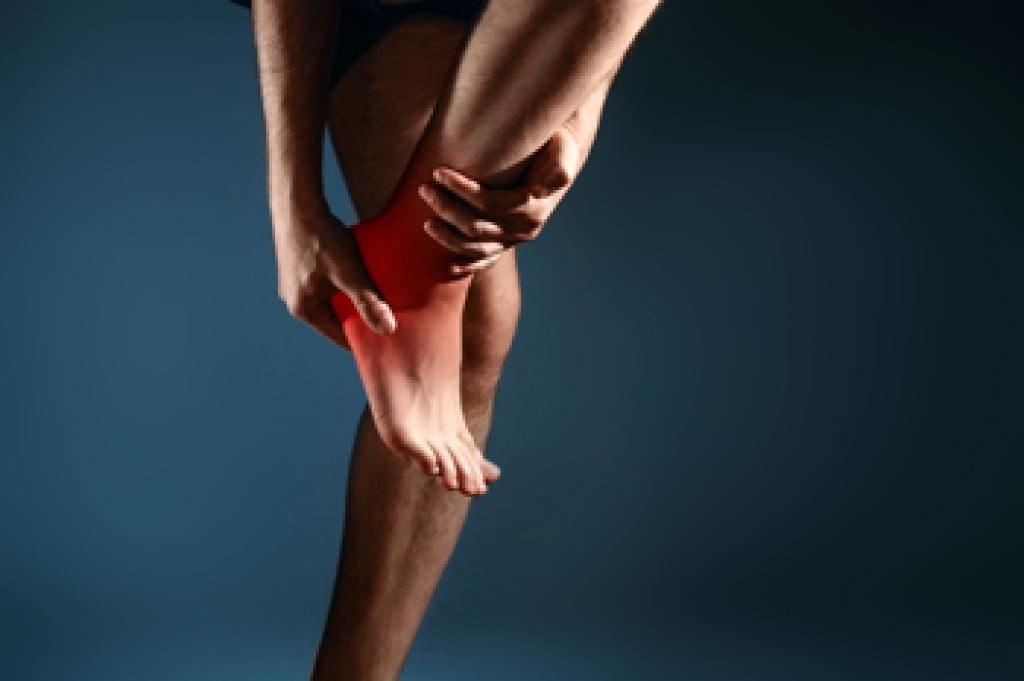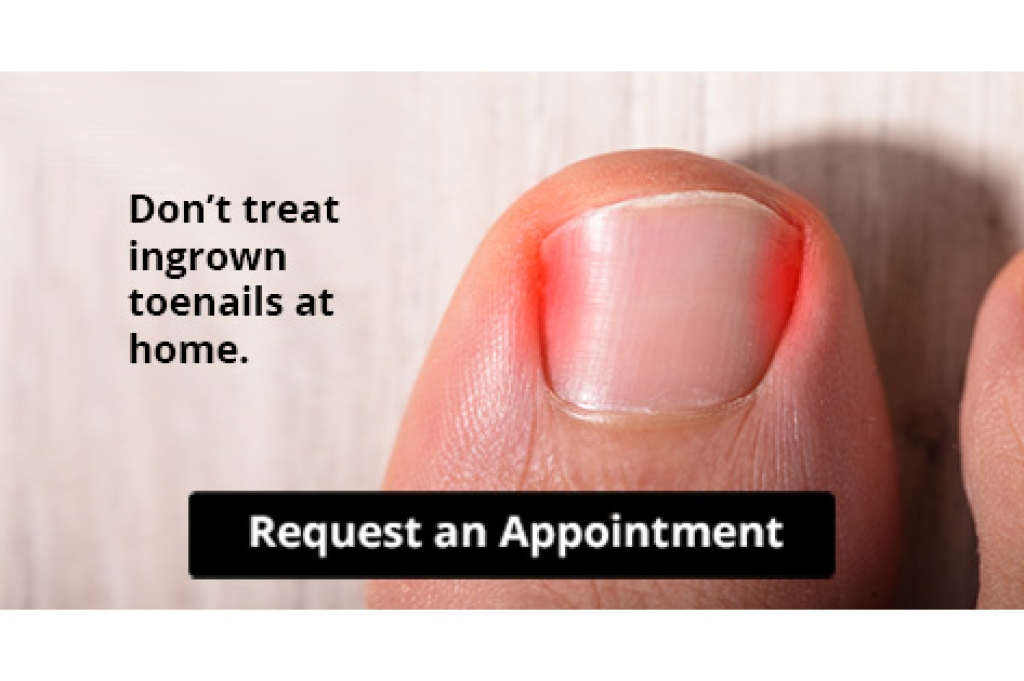If you are overweight, or wear high heeled/narrow-toed shoes, you may be more at risk for developing Morton’s Neuroma. Morton’s Neuroma is a non-cancerous thickening of the nerve between toes, usually the 3rd and 4th toes, which causes tingling, burning, inflammation and irritation. As the thickened nerve expands, it becomes further irritated by the surrounding bones and ligaments it comes in contact with. Morton’s Neuroma—also known as interdigital neuroma, intermetatarsal neuroma, and forefoot neuroma—typically occurs in only one foot and is more common in women than men. If you experience pain or feel as if a pebble is stuck in the ball of your foot, contact a podiatrist for proper treatment.
Morton’s neuroma is a very uncomfortable condition to live with. If you think you have Morton’s neuroma, contact Zina Cappiello, DPM of Dr. Zina B. Cappiello DPM, LLC. Our podiatrist will attend to all of your foot care needs and answer any of your related questions.
Morton’s Neuroma
Morton's neuroma is a painful foot condition that commonly affects the areas between the second and third or third and fourth toe, although other areas of the foot are also susceptible. Morton’s neuroma is caused by an inflamed nerve in the foot that is being squeezed and aggravated by surrounding bones.
What Increases the Chances of Having Morton’s Neuroma?
- Ill-fitting high heels or shoes that add pressure to the toe or foot
- Jogging, running or any sport that involves constant impact to the foot
- Flat feet, bunions, and any other foot deformities
Morton’s neuroma is a very treatable condition. Orthotics and shoe inserts can often be used to alleviate the pain on the forefront of the feet. In more severe cases, corticosteroids can also be prescribed. In order to figure out the best treatment for your neuroma, it’s recommended to seek the care of a podiatrist who can diagnose your condition and provide different treatment options.
If you have any questions, please feel free to contact our office located in Clifton, NJ . We offer the newest diagnostic and treatment technologies for all your foot care needs.
